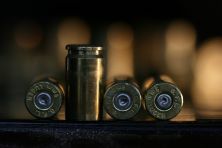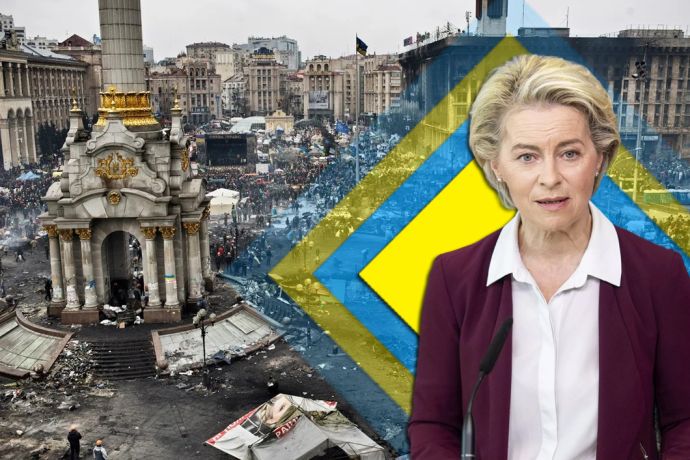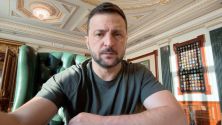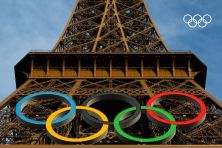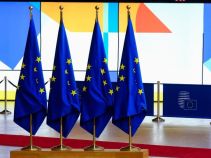The head of the European Commission, Ursula von der Leyen, greeted Ukrainians on the Day of Dignity and Freedom, celebrated annually on November 21, marking the beginning of Euromaidan – an act of Ukrainians rejecting the country’s pro-Russian course imposed by the pro-Russian government. The protest began on the central square of Kyiv, exactly 10 years ago.
Ursula von der Leyen wrote about this in her X.
“Ten years of dignity. Ten years of pride. Ten years of striving for freedom. The cold November nights of Euromaidan changed Europe forever. The whole country took to the streets and spoke with one voice. You said: Ukraine belongs to Europe, and our future is with you,” said von der Leyen.
The head of the European Commission also emphasized that Ukrainians have decided to be masters of their own future, and it is evident that Ukraine’s future lies in the EU.
“The future for which Maidan fought has finally begun. Glory to Ukraine! Long live Europe!” noted von der Leyen.
Prime Minister of Lithuania Ingrida Šimonytė joined the greetings, stating that in 2013, Ukrainians with EU flags took to the streets to “defend their democracy and dignity.”
“Neither bloodshed on Maidan nor the war with Russia changed their European choice. Ahead lies a historic opportunity – without Ukraine, the EU family is incomplete,” emphasized Šimonytė.
German Chancellor Olaf Scholz underlined that Ukraine is an integral part of the European community.
“Ten years ago, Maidan became a symbol of freedom, democracy, and sovereignty. The courage of Ukrainians will not be forgotten. Ukraine is part of Europe – and we are on its side,” stated Scholz.
On November 21, 2013, hundreds of people, mainly students, gathered on Independence Square in Kyiv to protest the decision of then-President Yanukovych to suspend Ukraine’s preparation for an association agreement with the EU and move the country toward cooperation with Russia.
Parallel to Kyiv, peaceful protests began in other cities of Ukraine. On the night of November 29-30, security forces attempted to violently disperse the peaceful protest, leading to brutal beatings and persecution of activists.
The unjust violence by law enforcement triggered the “Million March,” filling the central streets of Kyiv with ordinary people expressing their outrage. Estimates suggest 500,000 to 1 million protesters participated.
In response, the authorities intensified violent actions against the unarmed “people’s Maidan.” Eventually, from February 18 to 20, 2014, in the center of Kyiv, security forces and mercenaries shot nearly fifty unarmed protesters. The total number of victims reached almost 100, later called the “Heavenly Hundred.”
The tragedy did not halt the Revolution of Dignity. President Yanukovych fled to Russia, where he remains in hiding. The Ukrainian parliament recognized him as removed from office, leading to extraordinary presidential elections in Ukraine.
On April 13, 2014, Russia began the illegal annexation of Crimea and eastern regions of Ukraine. Many participants of the Revolution of Dignity, without military experience, mobilized to defend the country from Russian aggression.
